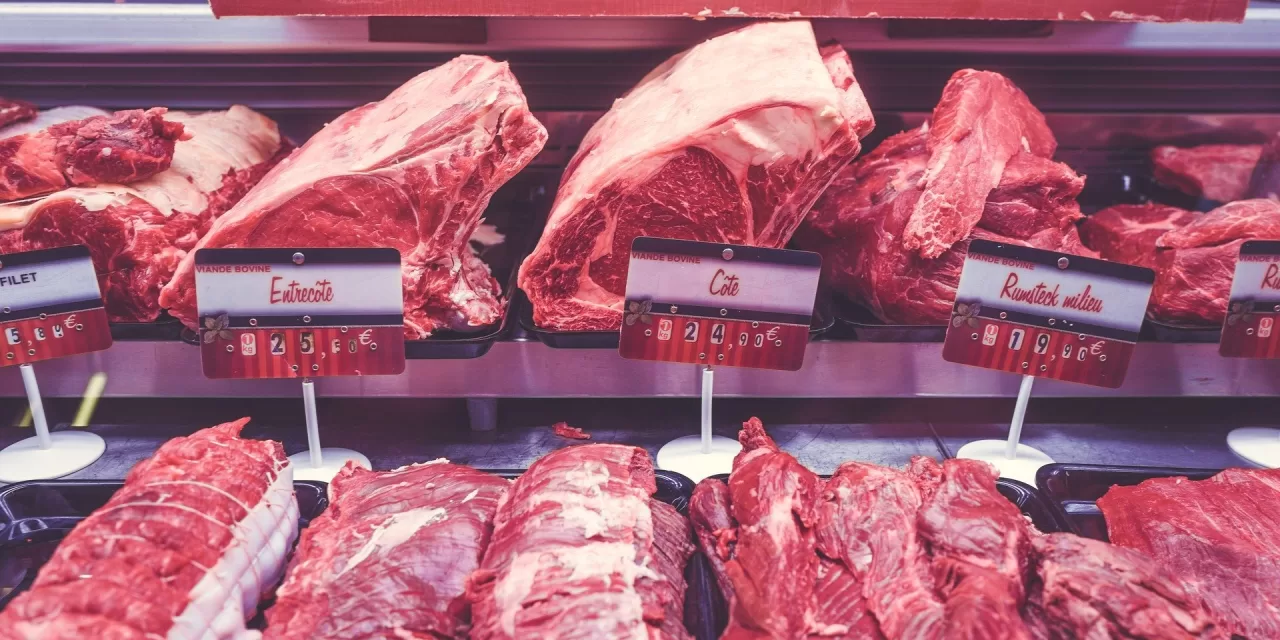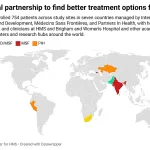A recent study published in The Lancet has revealed a significant link between red meat consumption and the risk of developing type 2 diabetes, a chronic health condition affecting over 462 million people globally. The study analyzed data from nearly 2 million participants across 20 countries, including regions such as the Americas, Europe, Southeast Asia, and the Mediterranean.
The findings highlight that high consumption of unprocessed red meats like beef, lamb, and pork, as well as processed meats such as bacon, salami, and chorizo, is associated with an increased risk of type 2 diabetes. Poultry consumption was also linked to diabetes incidence, though the connection was weaker and varied among populations.
A Growing Public Health Concern
Type 2 diabetes occurs when the body either doesn’t produce enough insulin or cannot use it effectively, leading to elevated blood sugar levels. Insulin, a hormone produced by the pancreas, plays a critical role in helping glucose enter cells to provide energy. Without adequate insulin function, blood sugar levels rise, causing symptoms like extreme thirst, fatigue, and frequent urination. Long-term complications include nerve damage, heart disease, and foot problems.
Why Red Meat Could Be a Culprit
Researchers are still investigating the exact mechanisms behind the link between red meat and type 2 diabetes. Several possible explanations have been proposed:
- Saturated Fats and Insulin Sensitivity: Red meat contains high levels of saturated fats, which may interfere with the body’s ability to use insulin effectively.
- Branched-Chain Amino Acids (BCAAs): Animal proteins are rich in BCAAs like leucine, isoleucine, and valine. Studies have shown that high levels of BCAAs can increase insulin resistance, making it harder for the body to regulate blood sugar.
- Gut Microbiota: Red meat is abundant in choline and L-carnitine, nutrients that gut microbes metabolize into trimethylamine. This compound has been linked to a higher risk of developing diabetes.
- Cooking Methods: High-temperature cooking methods like grilling and barbecuing can produce advanced glycation end products (AGEs), compounds that promote oxidative stress and inflammation, which are known to contribute to insulin resistance.
- Iron Overload: Red meat is a rich source of heme iron, but excessive iron intake may increase the risk of diabetes by affecting insulin function.
Global Trends and Recommendations
Over the past 50 years, global meat consumption has risen significantly, though red meat intake in some countries, such as the UK, has stabilized or even declined. Public health guidelines recommend limiting red meat consumption to 70 grams per day and avoiding processed meats altogether.
Reducing red meat intake can be challenging, especially during festive seasons. However, experts suggest taking small steps, such as incorporating more plant-based proteins like beans and lentils into meals or designating certain days as meat-free. Opting for healthier cooking methods like steaming or stewing instead of grilling can also help mitigate potential health risks.
A Balanced Approach
While red meat remains a valuable source of protein, vitamins, and minerals like iron and zinc, the study underscores the importance of moderation. Pairing red meat with fiber-rich vegetables and exploring plant-based alternatives can contribute to a healthier diet and lower diabetes risk.
As research continues to uncover the complex links between diet and chronic diseases, making informed choices about red meat consumption can help individuals maintain better long-term health.
Journal Reference: The Lancet, September 2024.











